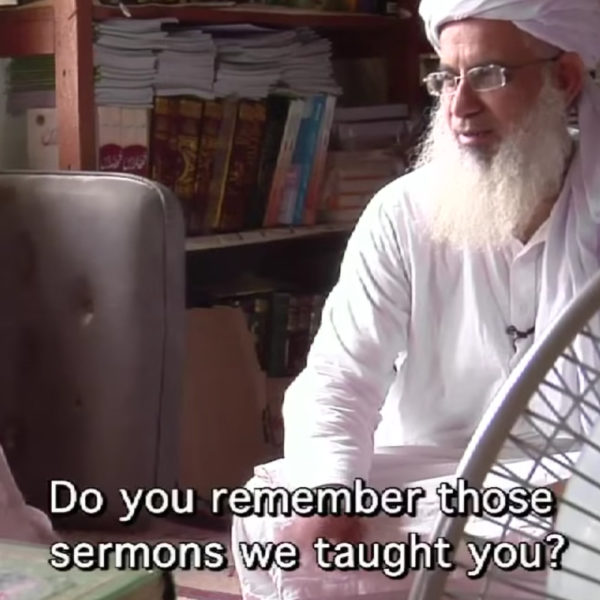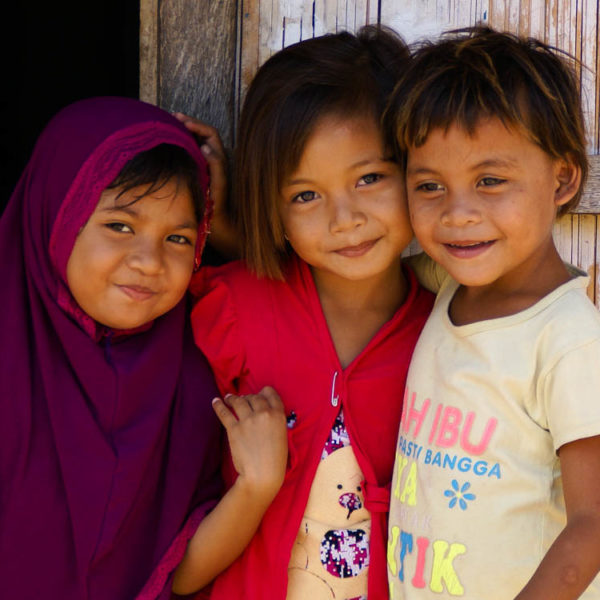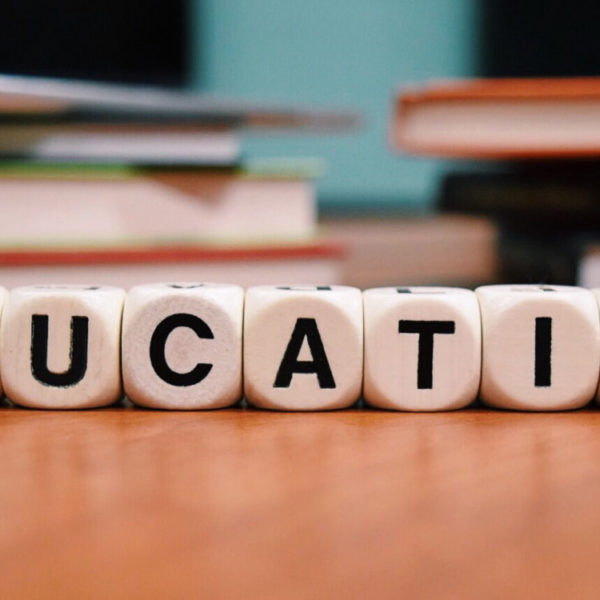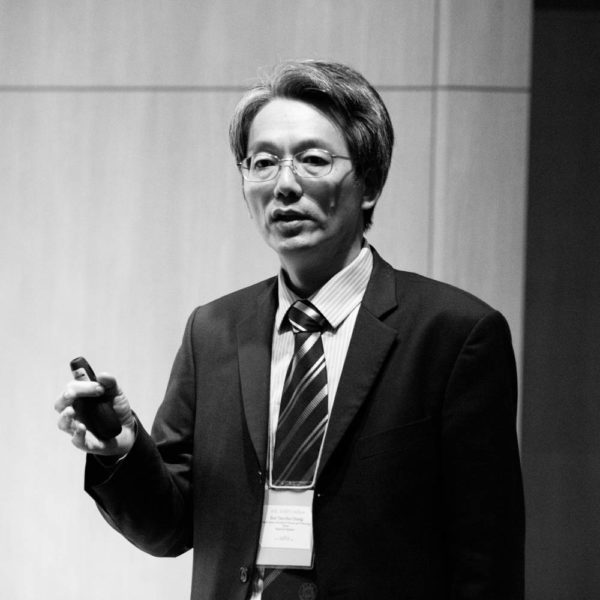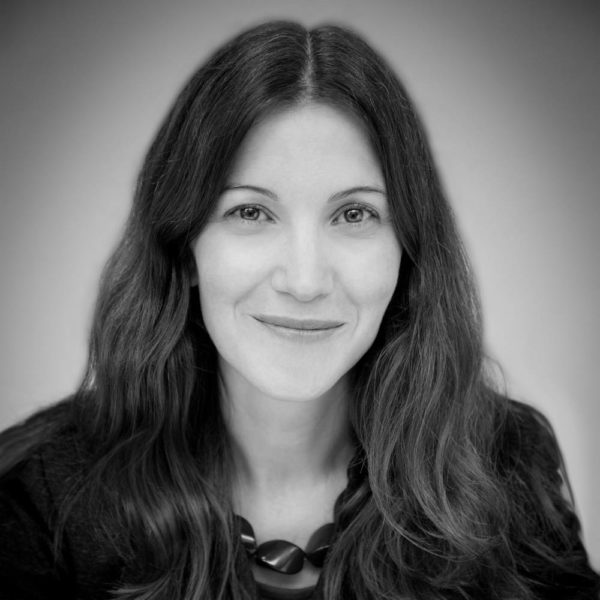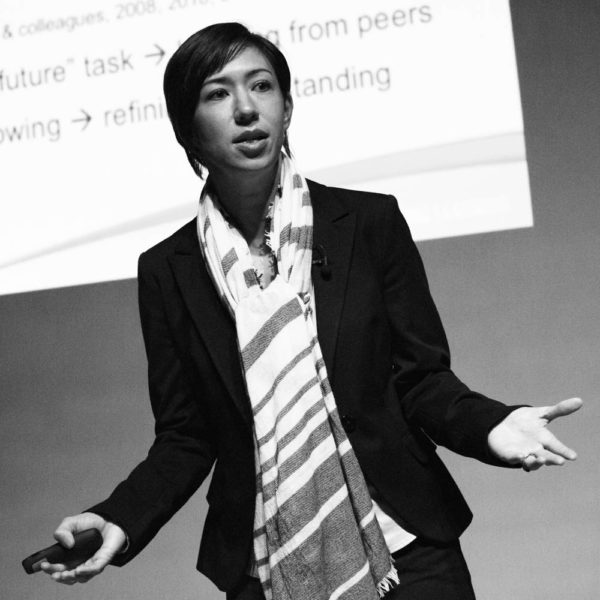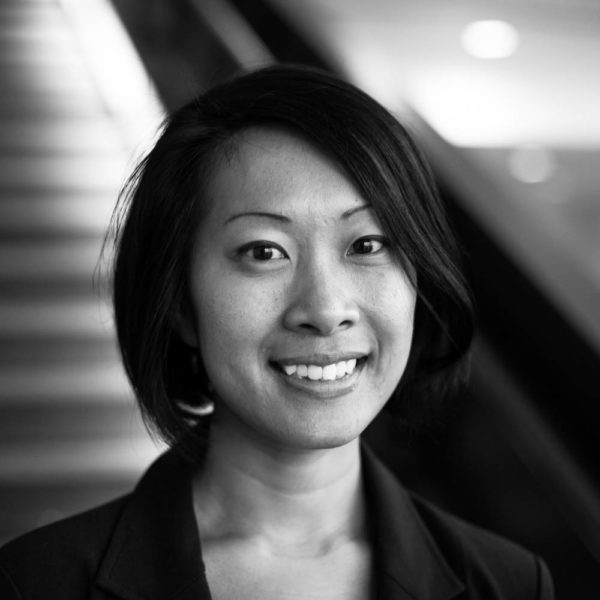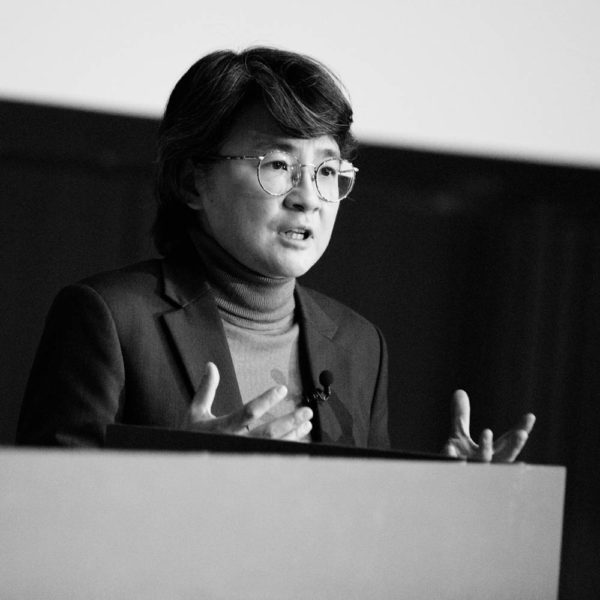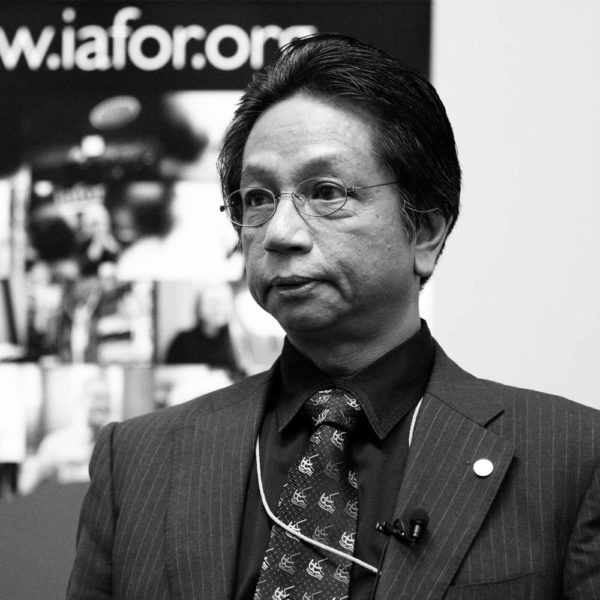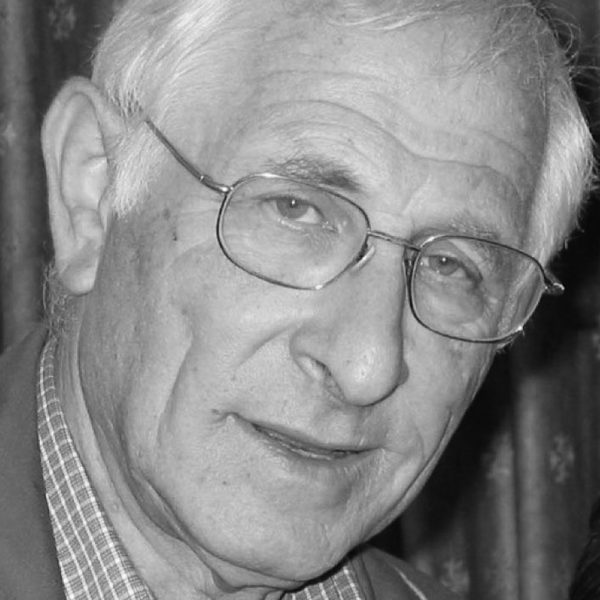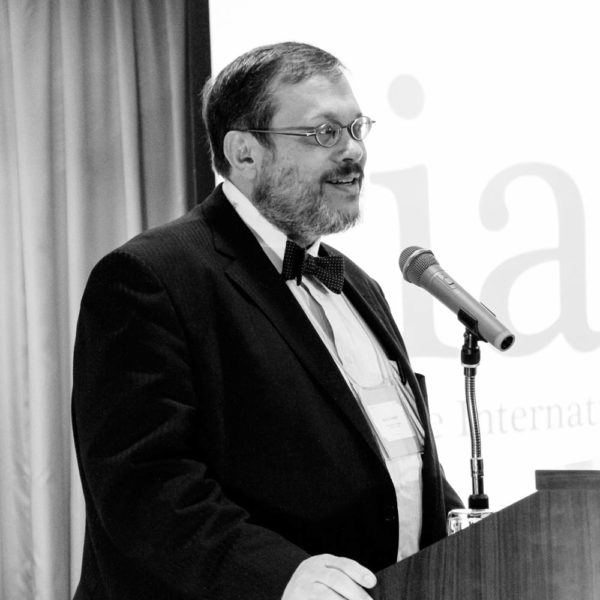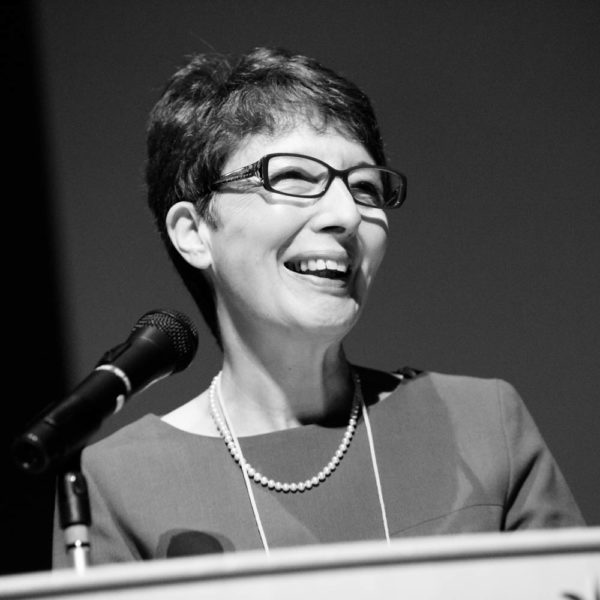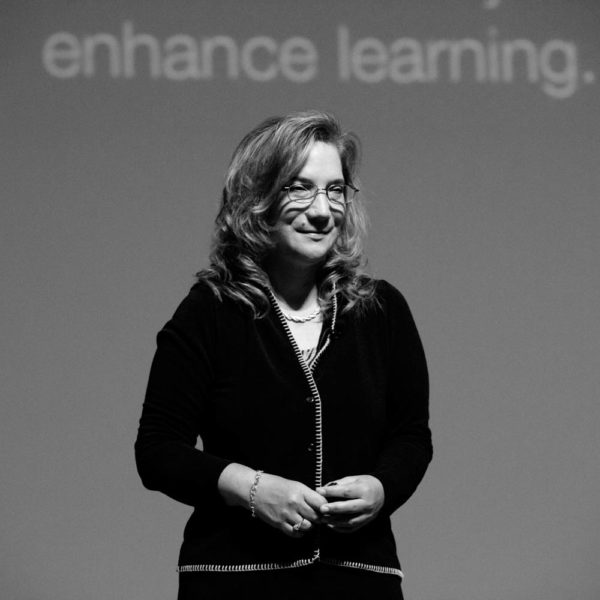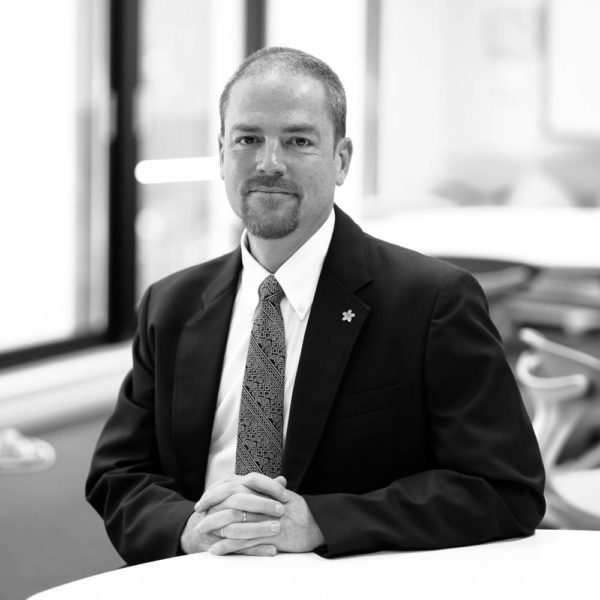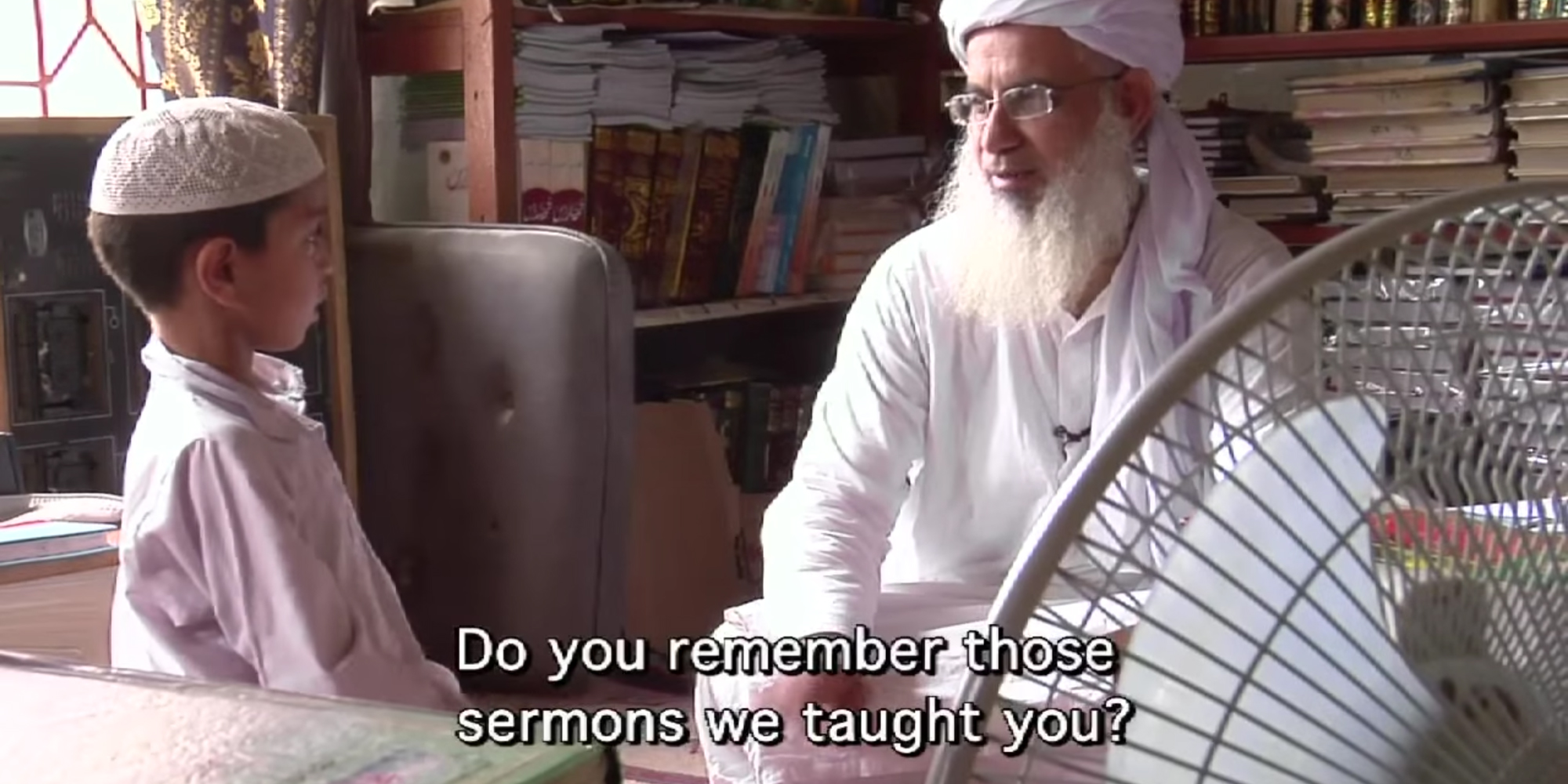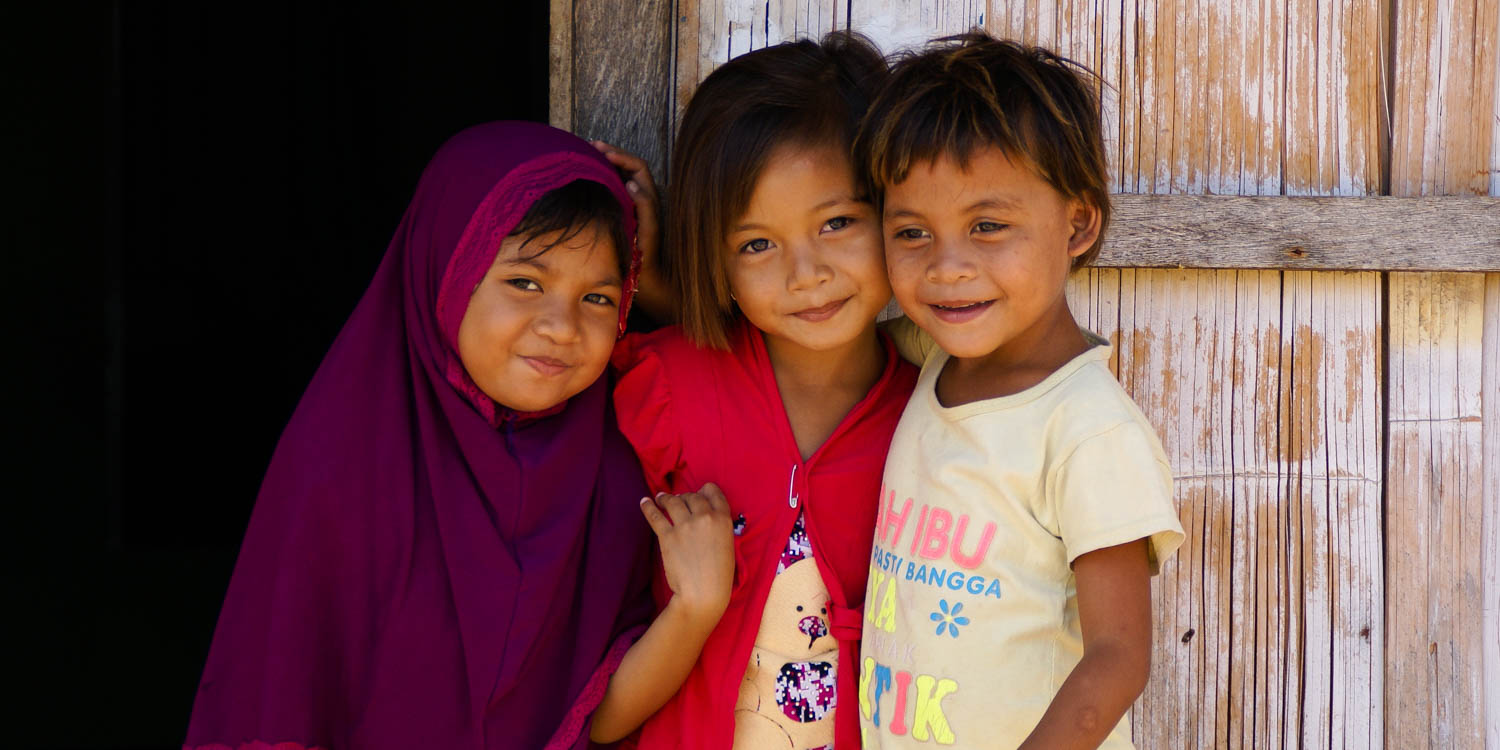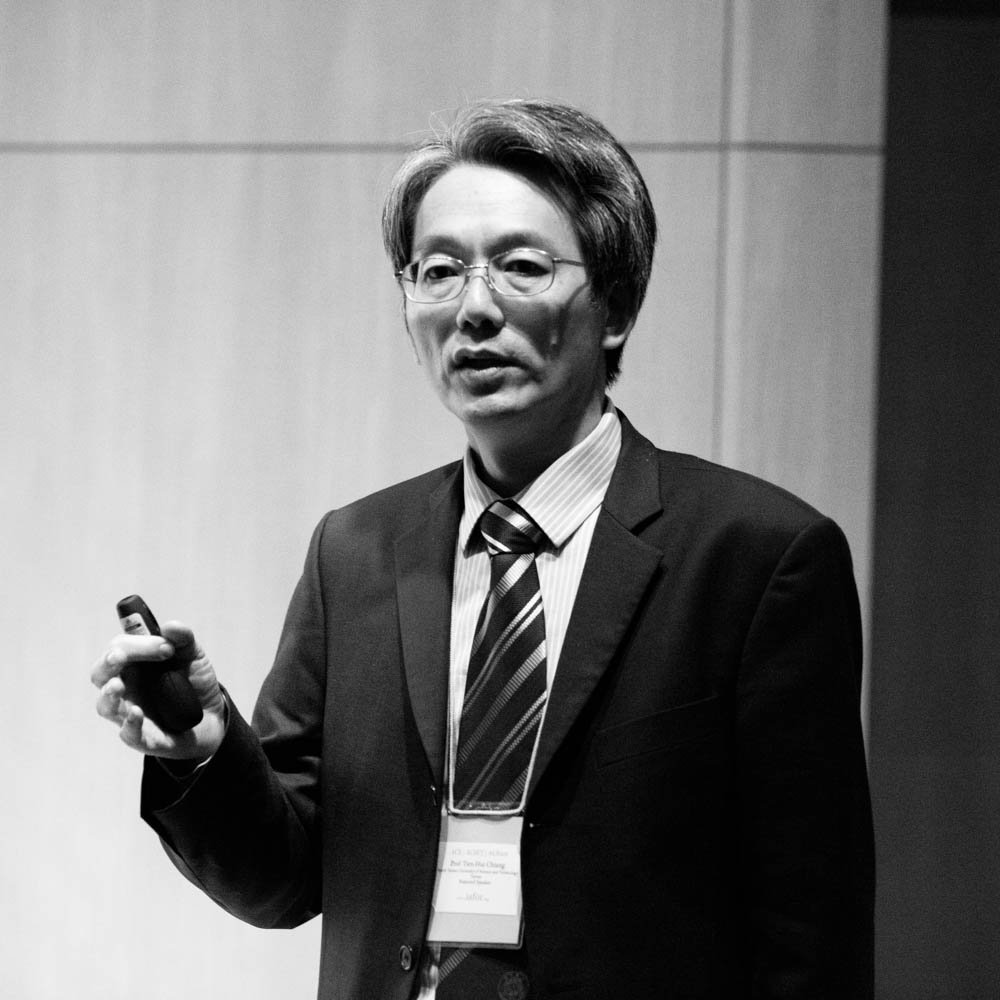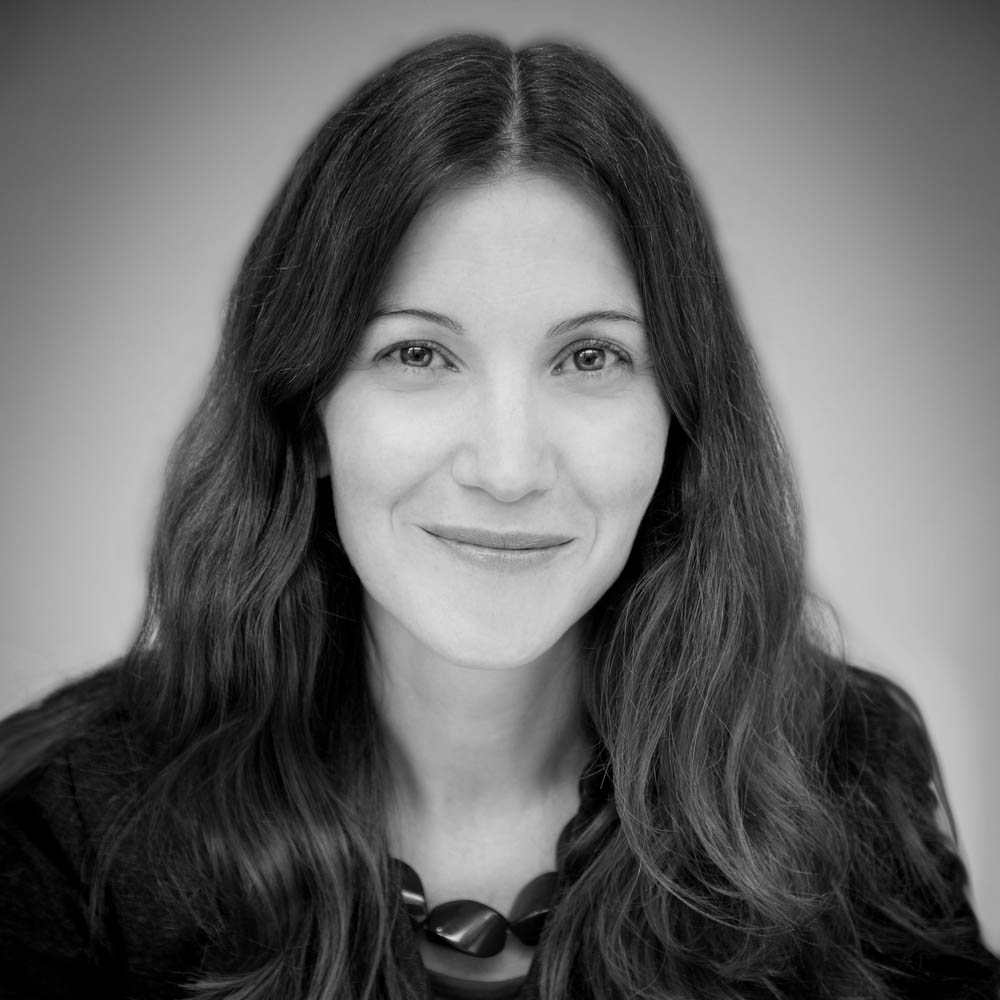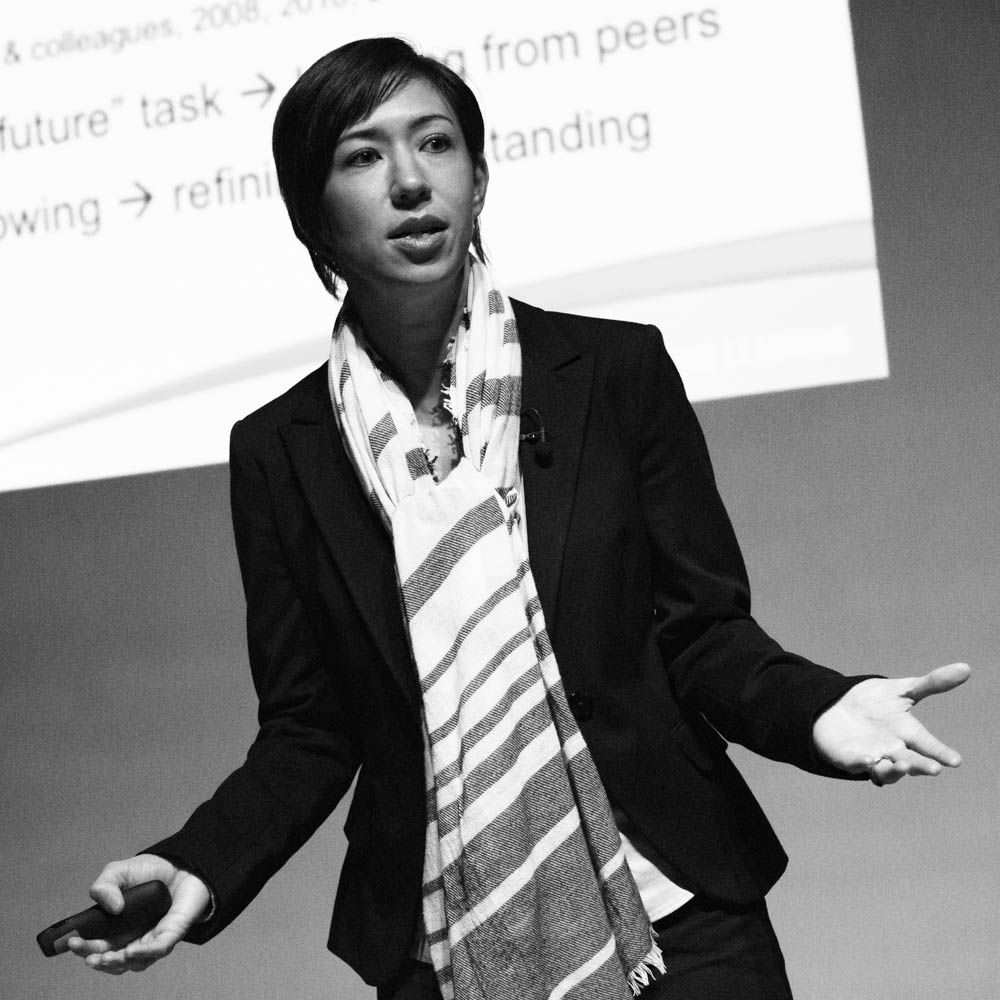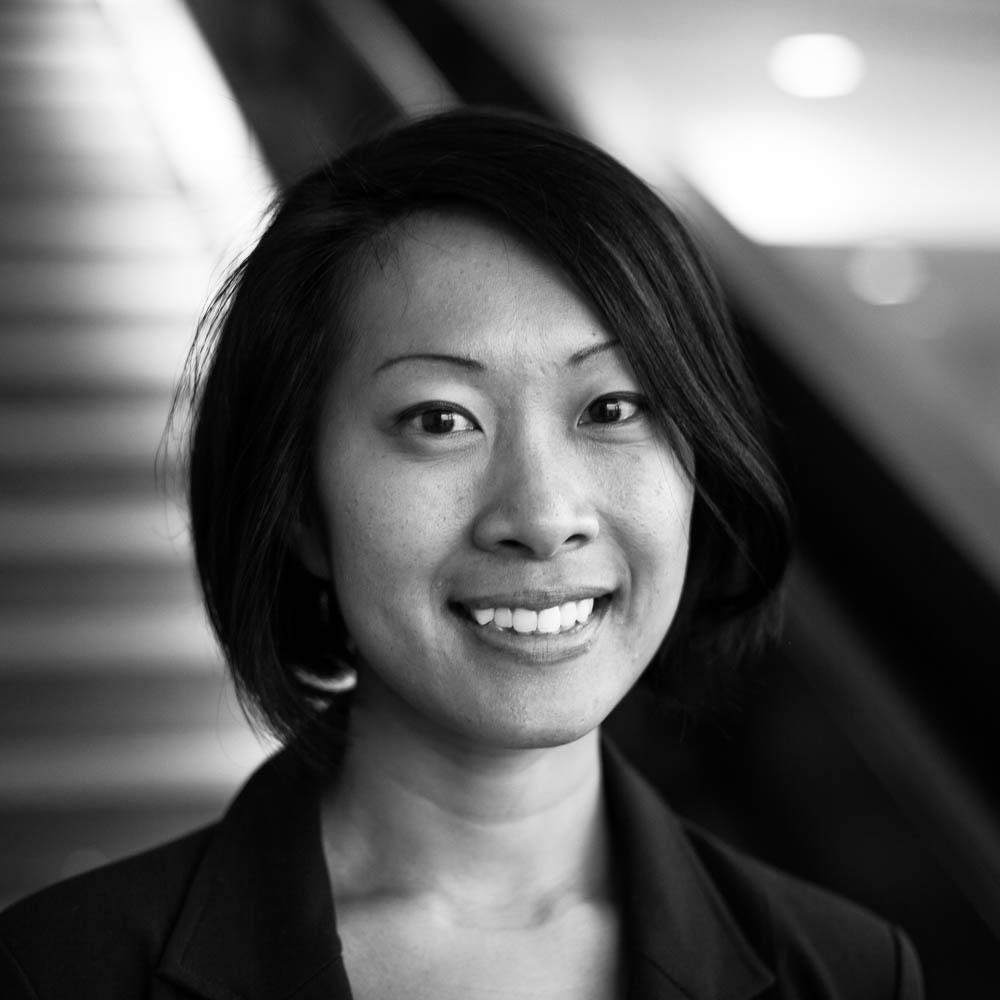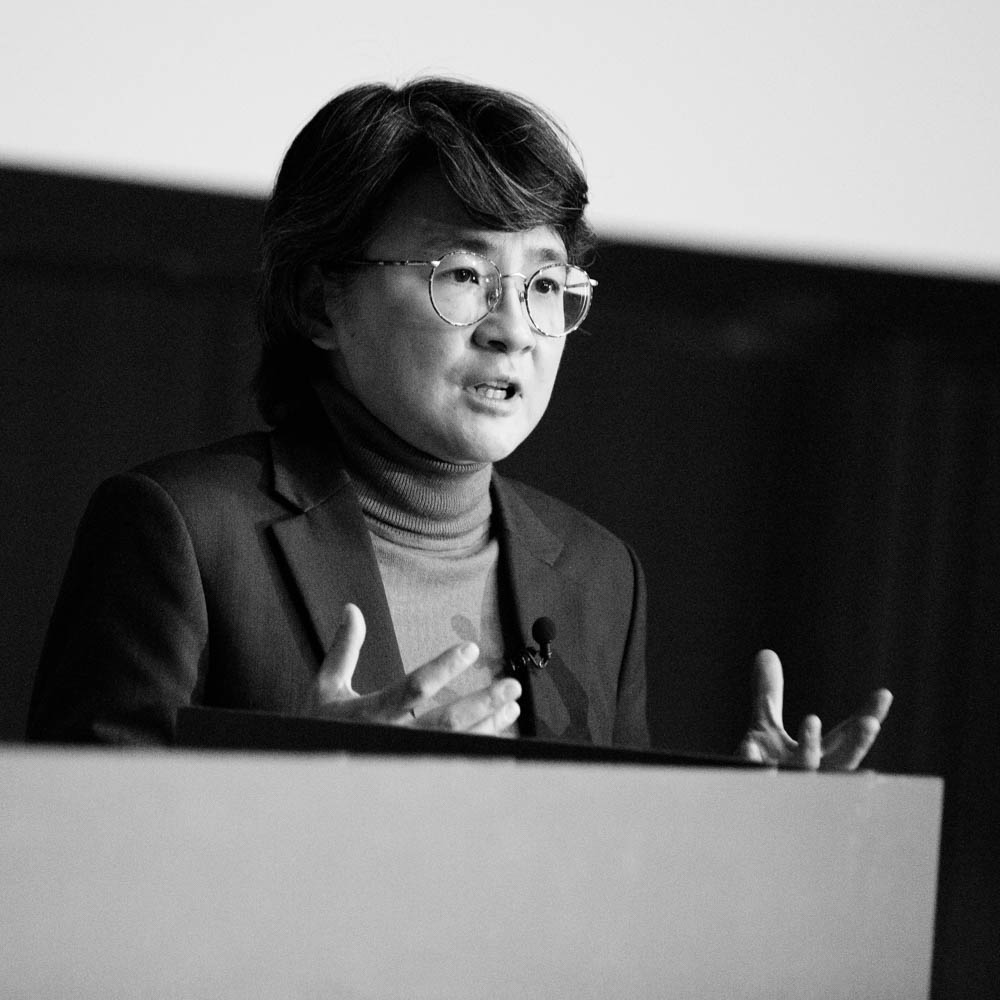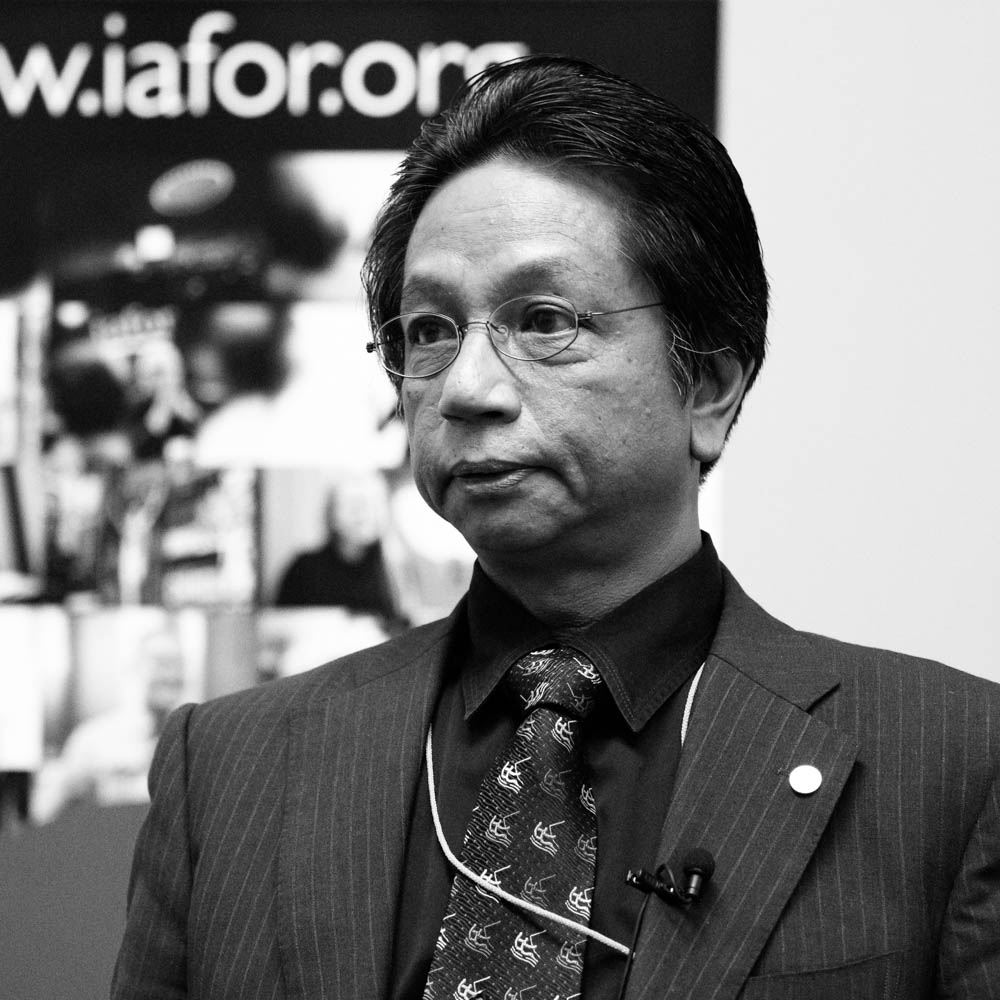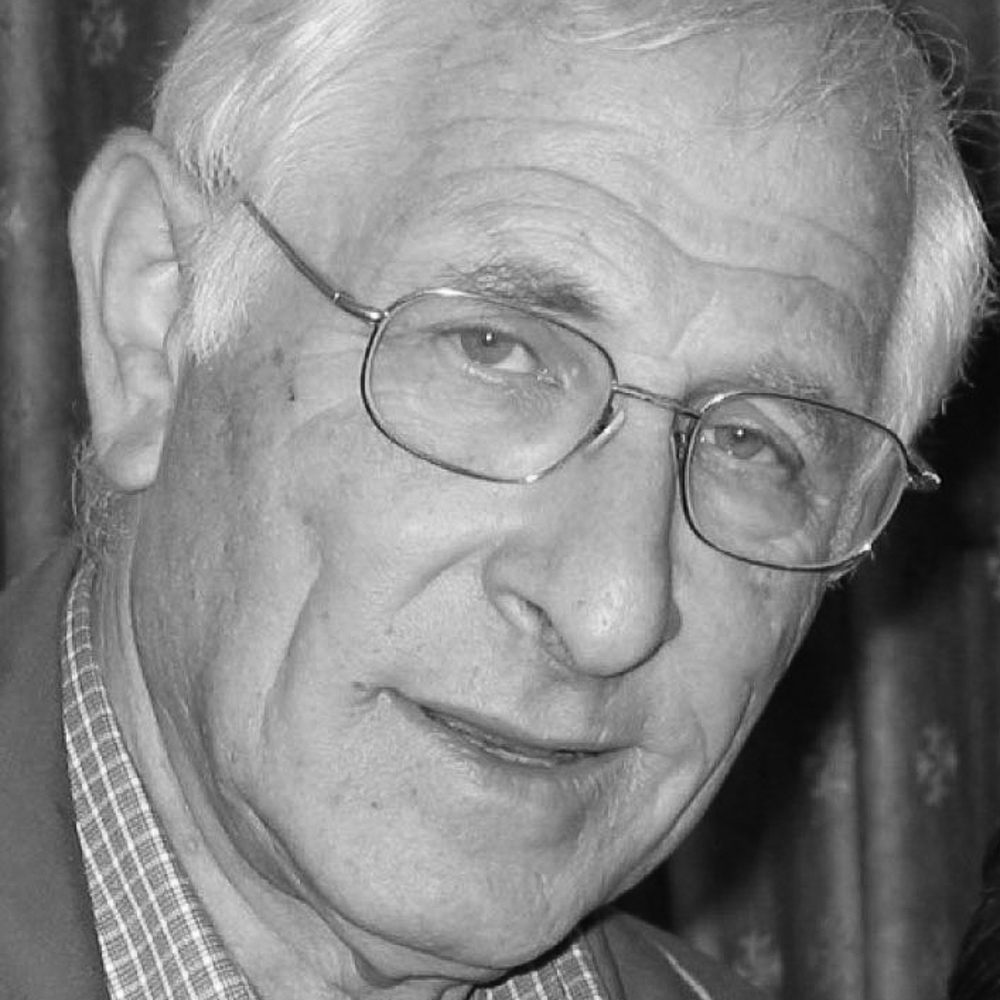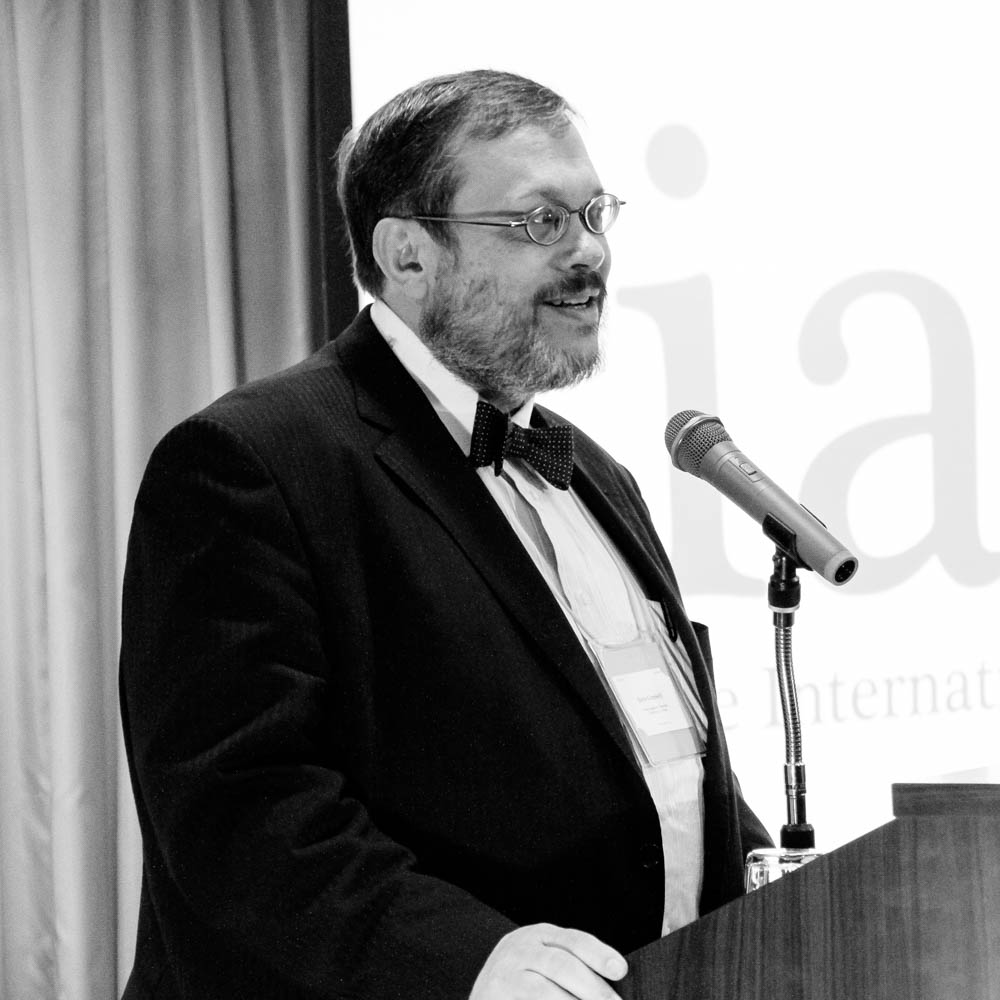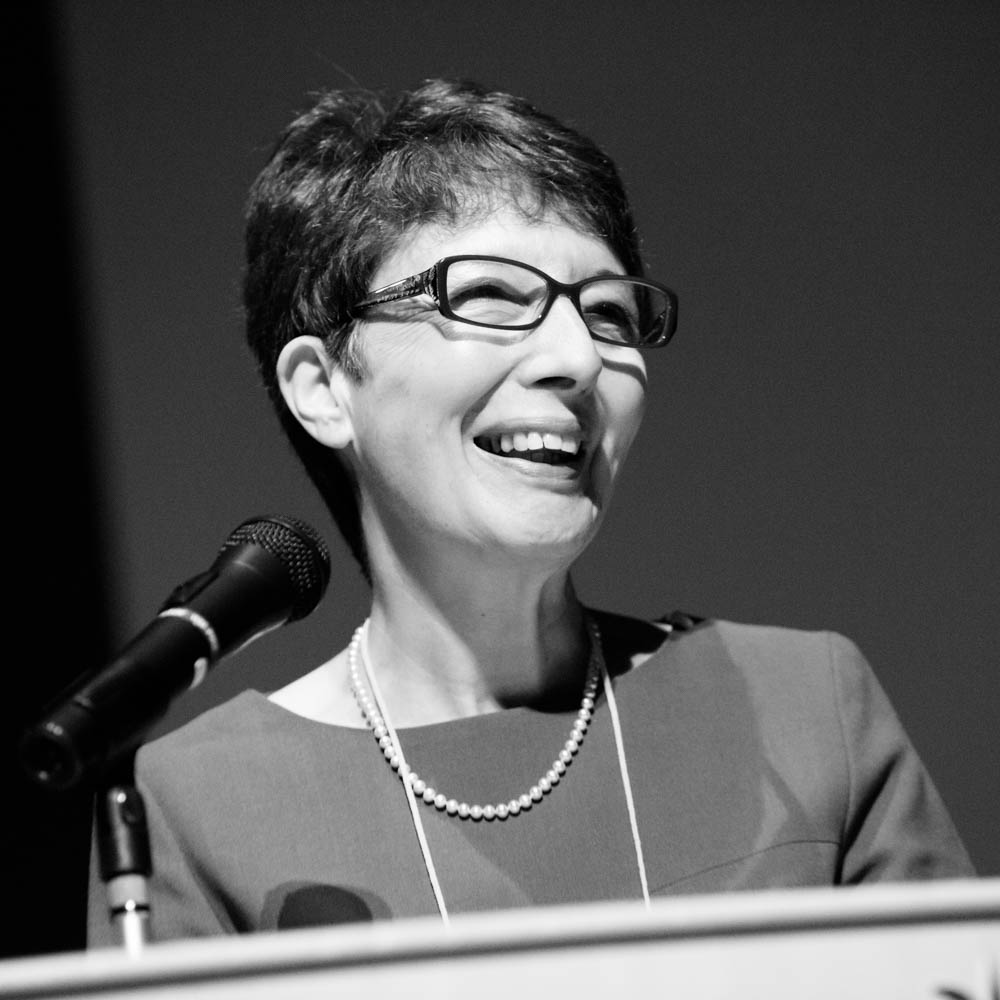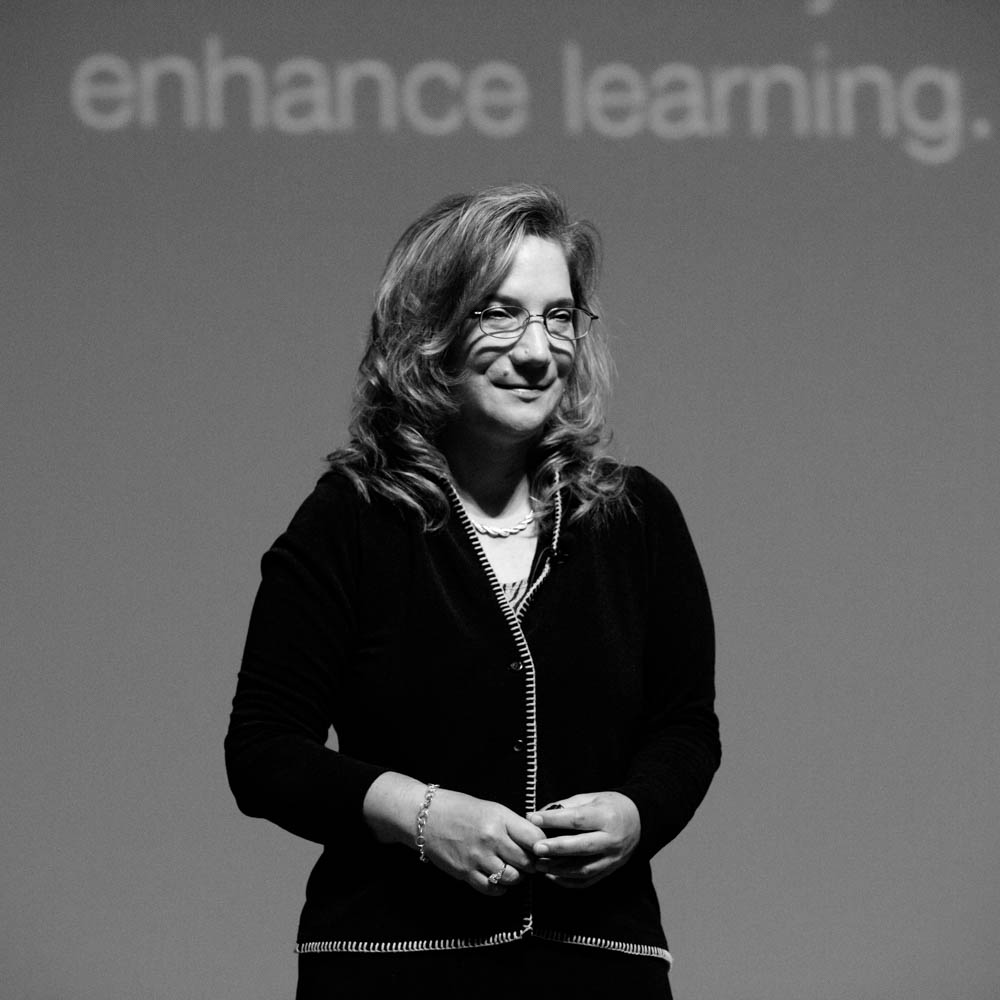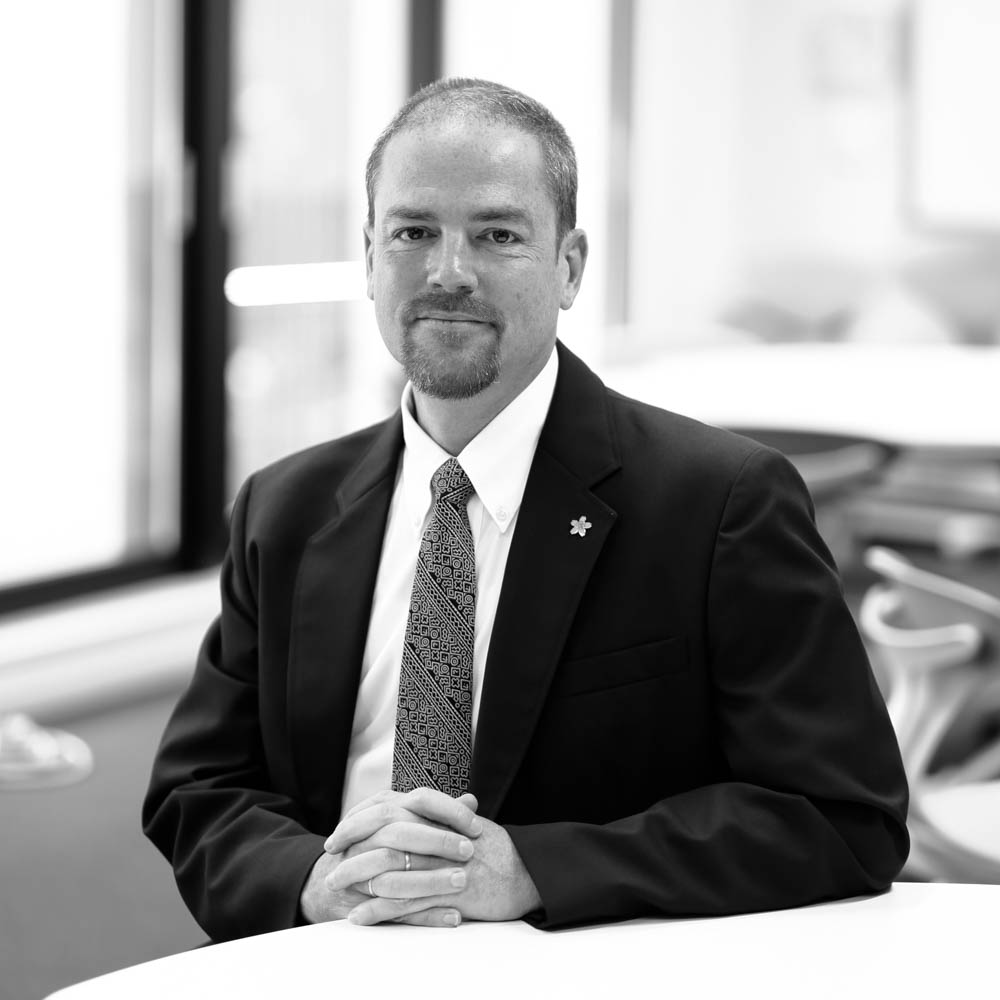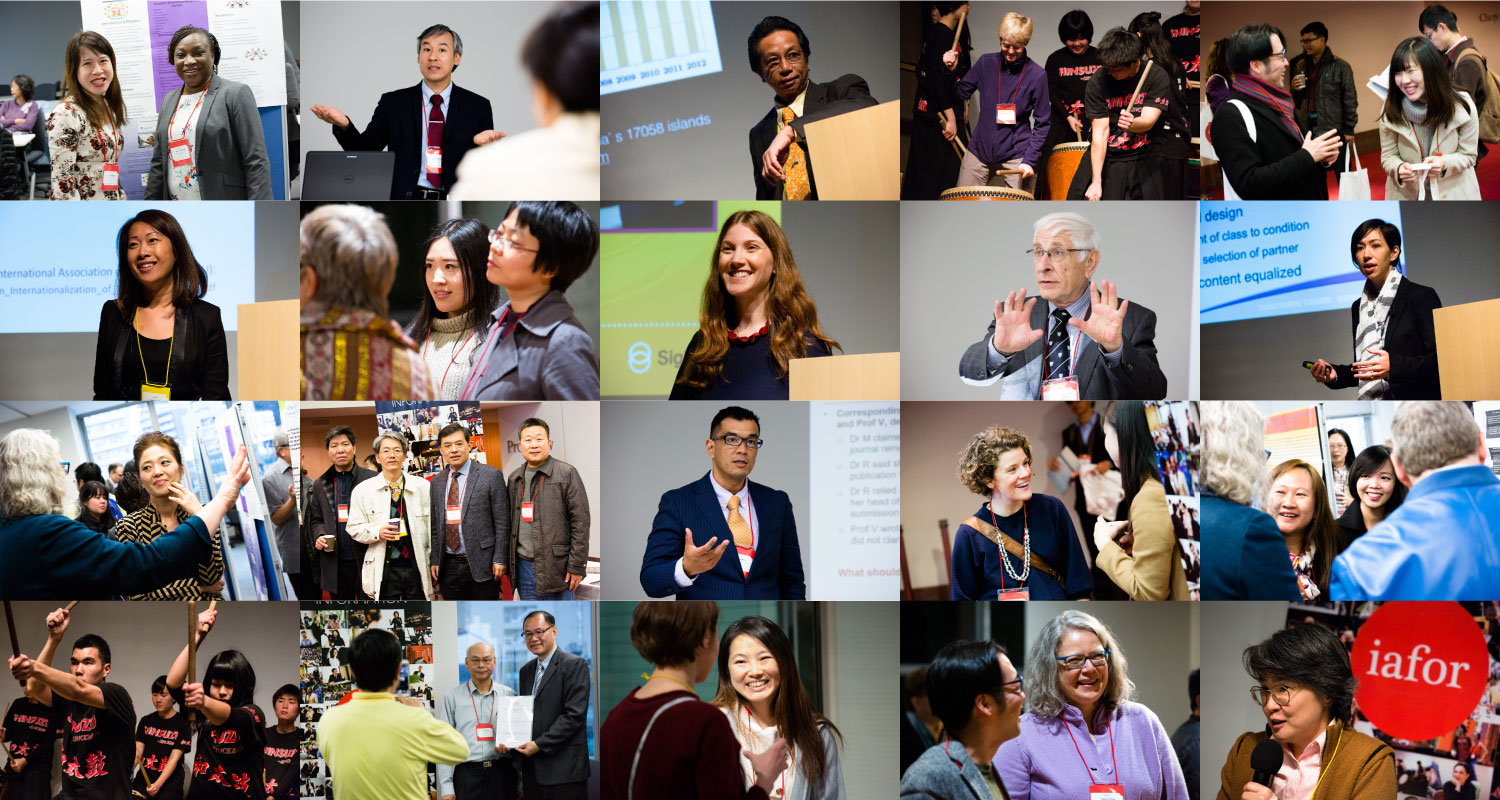
Photographs of The Asian Conference on Education & International Development 2017 (ACEID2017) in Kobe, Japan
Conference Theme: “Educating for Change”
March 26–29, 2017 | Art Center Kobe, Kobe, Japan
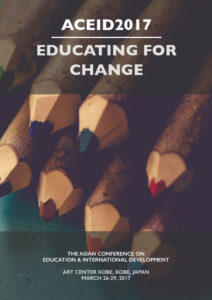
In our work as educators we are often asked to effect change – that we are change-makers can be seen in the new curriculums, new material, and even new techniques or methods that we develop. For those of us who conduct research, our research is often focused on finding “better” or more effective ways of teaching, often measured in outcomes such as “students entered with an average of X and improved to an average of Y”. In such a case, improvement = change. But change is also an area of research as can be seen by looking at journals such as the Journal of Educational Change, Changes in Higher Education, Culture and Change, and Educational Research for Social Change, to mention four. It is a serious area of study, and one worth our attention.
The focus of the last journal mentioned above is worth looking at. Change is not only about test scores or proficiency going up. It is also about lasting change in one’s life, life choices, and looking beyond us as individuals to the society we live in. Social change and a focus on improving the societies we live in is another outcome of education. In recent years, there has been a focus on language and identity, as well as an embrace of sociocultural theory and language development.
At the same time change for the sake of change is not a good reason for change. There is often a tension between the status quo (which is not always bad) and the desire to change. As invested members of our field, we need to be able to examine change, identifying and applying that which is appropriate and will further our goals while also having the wisdom and gumption to reject change that does not make sense. As Dewey said, “Reforms which rest simply upon the enactment of law, or the threatening of certain penalties, or upon changes in mechanical or outward arrangements are transitory and futile.”
And so we welcome you to this year’s conference, where we can examine change in ways that are important to each of us. What are its challenges, its complexities, and its constraints? It is electrifying to think about the wide-ranging conversations we will have as we consider how we can go about educating for change the world over.
Programme
-
Preserving and Challenging Culture: The Right to EducationFeatured Panel Chair: Haruko Satoh
-
Teaching Sustainability to Prepare Children for a Complex Future: Environmental Education in Primary SchoolSpotlight Presentation: Rachel Lam
-
Ethical Issues and Dilemmas in Academic Publishing: An Interactive WorkshopSpotlight Workshop: Adrian Ziderman
-
Values for Global Citizenship: Fostering Innovation and Access with the Higher Education ContextFeatured Presentation: Jessica Loh
-
Globalization and Education Reform in ChinaFeatured Panel Presentation: Tien-Hui Chiang
-
Community-Based Participatory Research: A Story of EmpowermentSpotlight Presentation: Margo Greenwood
-
The Forgotten Indonesian Trilogy of EducationIAAB Presentation: Monty Satiadarma
-
Change in Education: By Whom? For Whom?Featured Presentation: Yvonne Masters
Speakers
-
Tien-Hui ChiangSouth Taiwan University of Science and Technology, Taiwan
-
Margo GreenwoodSightsavers & University of Exeter, UK
-
Rachel LamETH Zurich, Switzerland
-
Jessica LohInstitute of International Education, Thailand
-
Haruko SatohOsaka University, Japan
-
Monty P. SatiadarmaTarumanagara University, Indonesia
-
Adrian ZidermanBar-Ilan University, Israel
Organising Committee
The Conference Programme Committee is composed of distinguished academics who are experts in their fields. Conference Programme Committee members may also be members of IAFOR's International Academic Board. The Organising Committee is responsible for nominating and vetting Keynote and Featured Speakers; developing the conference programme, including special workshops, panels, targeted sessions, and so forth; event outreach and promotion; recommending and attracting future Conference Programme Committee members; working with IAFOR to select PhD students and early career academics for IAFOR-funded grants and scholarships; and overseeing the reviewing of abstracts submitted to the conference.
Review Committee
- Dr Abdul Aziz, Uin Maulana Malik Ibrahim Malang, Indonesia
- Dr Andri Zainal, Universitas Negeri Medan, Indonesia
- Professor Avelino Caraan, Jr., Jose Rizal University, The Philippines
- Dr Bethe Schoenfeld, Western Galilee College, Israel
- Dr Bonimar Tominez, Nueva Vizcaya State University, Philippines
- Dr Chung-Wa Naska Law, The Hong Kong Institute of Education, Hong Kong
- Dr Diobein Flores, DepEd, The Philippines
- Dr Doris Mcewen Harris, Mcewen Education Consulting & Curriculum Auditing, United States
- Dr Ida Fatimawati Adi Badiozaman, Swinburne University of Technology Sarawak, Malaysia
- Dr Marielle Patronis, Zayed University, United Arab Emirates
- Dr Michael Chan, Hang Seng Management College, Hong Kong
- Dr Nenita Delos Santos, Emirates Nuclear Energy Corporation, United Arab Emirates
- Dr Randy Tudy, Cor Jesu College, The Philippines
- Dr Rennie Saranza, Philippine Normal University (PNU) - Mindanao, The Philippines
- Professor Tatiana Ille, Gulf Medical University, United Arab Emirates
- Professor Tzuhua Huang, University of Taipei, Taiwan
- Dr Yaying Zhang, Thompson Rivers University, Canada
- Professor Yen-Hui Lu, Chung Yuan Christian University, Taiwan
- Dr Zhaoxun Song, Hong Kong Hang Seng Management College, Hong Kong
IAFOR's peer review process, which involves both reciprocal review and the use of Review Committees, is overseen by conference Organising Committee members under the guidance of the Academic Governing Board. Review Committee members are established academics who hold PhDs or other terminal degrees in their fields and who have previous peer review experience.
If you would like to apply to serve on the ACEID2019 Review Committee, please visit our application page.
IAFOR Grant & Scholarship Recipients
We are delighted to announce the first recipients of financial support as part of the IAFOR grants and scholarships programme, newly launched for 2017. Our warmest congratulations go to Dr Elena Mishieva, recipient of the Stuart D. B. Picken Grant & Scholarship, and Pankaj Das, Kate McCabe, Kanit Pamanee and Udari Samarakoon, recipients of IAFOR Scholarships, who have been selected by the conference Organising Committee to receive financial support to present their research at The Asian Conference on Education & International Development 2017.
IAFOR's grants and scholarships programme provides financial support to PhD students and early career academics, with the aim of helping them pursue research excellence and achieve their academic goals through interdisciplinary study and interaction. Awards are based on the appropriateness of the educational opportunity in relation to the applicant's field of study, financial need, and contributions to their community and to IAFOR's mission of interdisciplinarity. Scholarships are awarded based on availability of funds from IAFOR and vary with each conference.
The Organising Committee of the relevant IAFOR conference awards scholarships to eligible applicants who have submitted exceptional abstracts that have passed the blind peer review process and have been accepted for presentation at the conference.
Elena Mishieva, Lomonosov Moscow State University, Russia
Stuart D. B. Picken Scholarship Recipient
Elena Mishieva has a PhD in philology and is a lecturer at the Faculty of Foreign Languages and Area Studies, Lomonosov Moscow State University (MSU), Russia. She is a magna cum laude graduate of the Foreign Language Teaching Department, MSU. In 2011 she joined the MSU doctoral program specialising in Germanic languages. In 2015 Elena defended her thesis, “Discourse Markers in Online Youth Communication in English”. Her research advisor is Professor Svetlana Ter-Minasova. In addition, she is a member of the National Association of Applied Linguistics (Russia) and the National Association of Teachers of English (Russia).
Kanit Pamanee, California State University, Los Angeles, USA
IAFOR Scholarship Recipient
Kanit Pamanee is a doctoral candidate in the educational leadership programme, focusing on special education and transition, at California State University, Los Angeles, USA. Prior to joining the doctoral program, Kanit received his master's degree in special education specializing in moderate to severe disabilities and certificate in transition specialist at a same institution. His master’s thesis was self-determination comparison between Thai and American students with intellectual disabilities. He is now conducting his doctoral dissertation on the topic of a guideline of transition service for individuals with disabilities in Thailand. His goal is to make guidelines for professionals to teach self-determination and transition skills for students with disabilities in Thailand, as well as to share his idea and practice with professionals in ASEAN and around the world.
Pankaj Das, University of Delhi, India
IAFOR Scholarship Recipient
Pankaj Das is currently a PhD scholar at the University of Delhi, India. He is enrolled for his research work in the Department of Education, University of Delhi. He has more than 25 publications to his name in the forms of books, reviews and research articles in journals of national and international repute. He has also attended a course on “Life and Thought of Gandhi”, at the Indian Institute of Advanced Studies (IIAS), Shimla. For his research he recently visited the University of British Columbia in Vancouver, Canada. His area of research interests and areas of specialisation include sociology of gender, school and society; education of the disadvantaged; dropout among girls; and classroom processes and practices.
Udari Samarakoon, University of Colombo, Sri Lanka
IAFOR Scholarship Recipient
Udari Samarakoon is a sociology master’s student at the University of Colombo, Sri Lanka. She is currently working as an administrative and research assistant in Advancing Skills Creation to Enhance Transformation Project, which is a co-funded Eramus+ program of the European Union. She graduated with a Bachelor of Arts degree, majoring in sociology. She has worked on a number of research projects that gave her both a theoretical and practical knowledge of sociology.
Kate McCabe, Simon Fraser University, Canada
IAFOR Scholarship Recipient
Kate McCabe is currently a doctoral student in the Faculty of Education, Simon Fraser University, Canada. She teaches preschool aged children, youth and adults. She helps to create communities of inquiry in all these contexts. Her recent experience with cancer has helped her awaken more fully to the beauty of the world. Her writing includes poetry, narrative, visual arts and soundscapes. She is currently creating a collaborative installation based on her process of radiation treatment. She belongs to the Engaged Philosophical Inquiry Consortium (EPIC) group at UBC and directs an Early Childhood Training Program.

